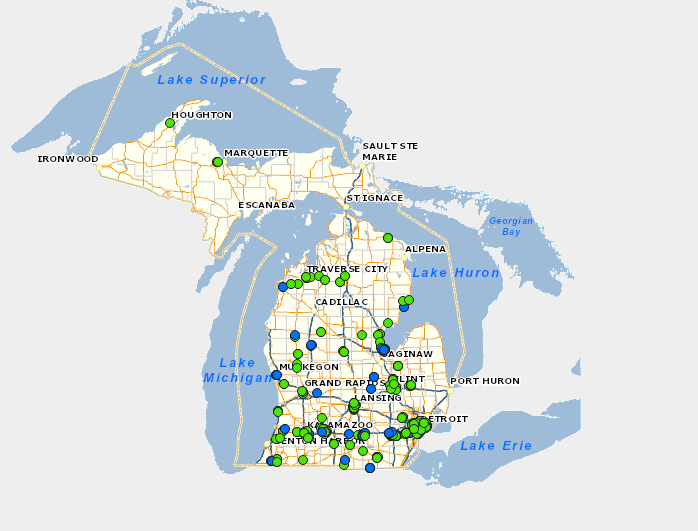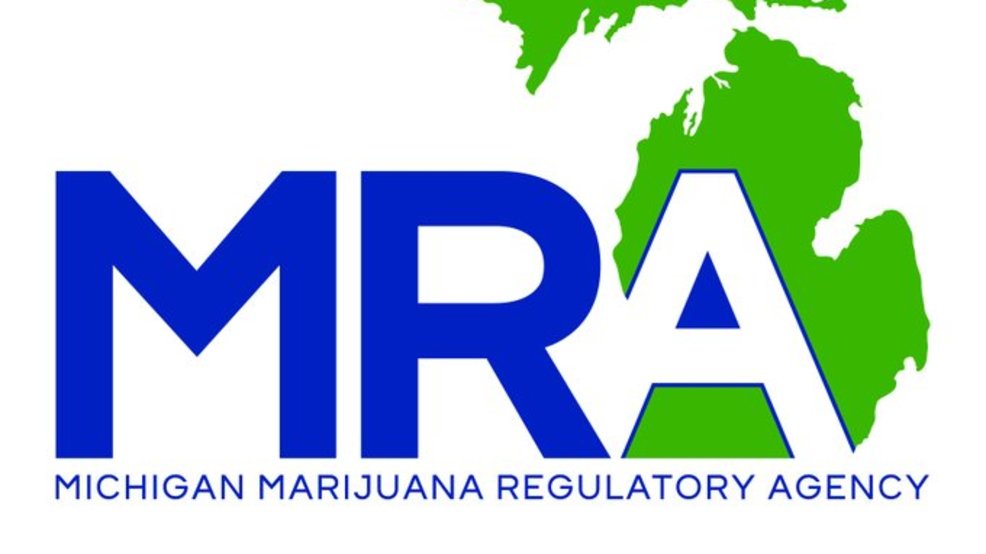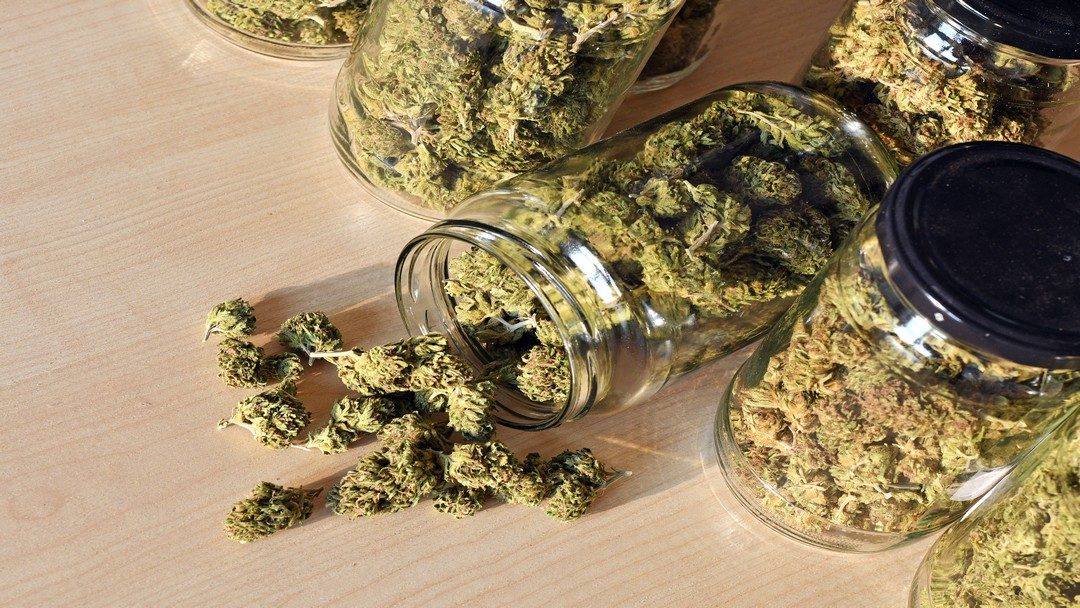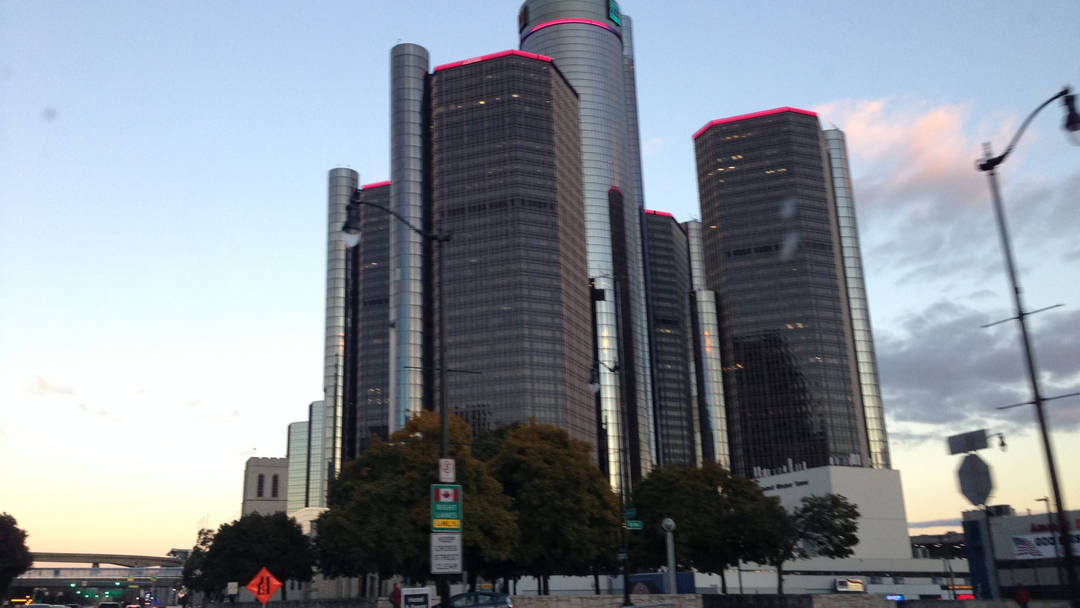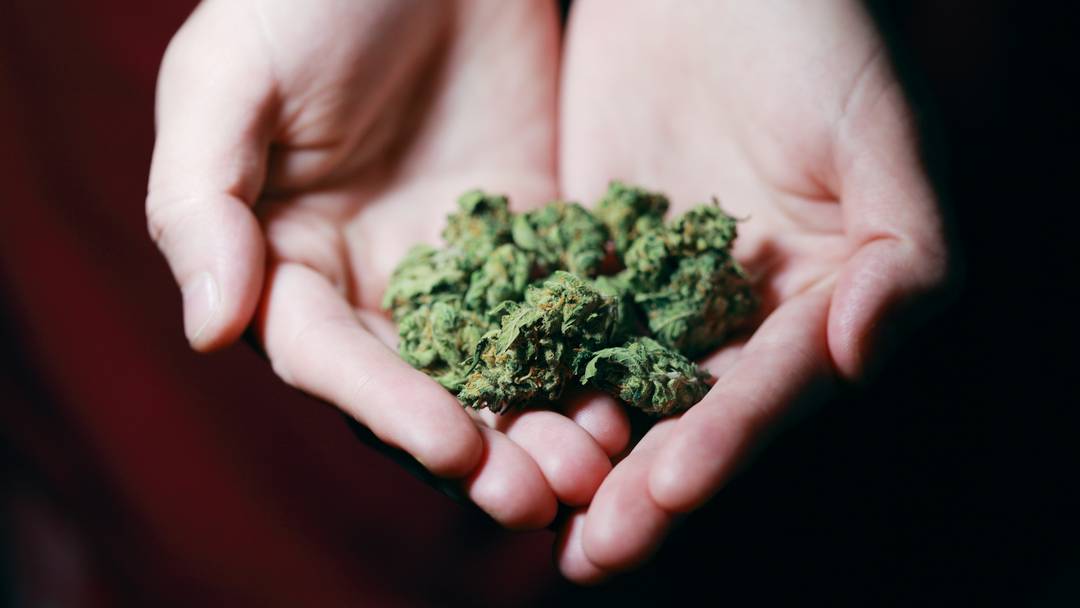
Michigan Expands The Social Equity Program
May 19, 2020 – The Marijuana Regulatory Agency (MRA) announced today an expansion of the eligibility criteria to its social equity program, as well as increased benefits, further reduced fees, and enhanced eligibility for certain applicants. Beginning June 1, 2020, this expansion will increase the number of disproportionately impacted communities from 41 to 184 and will make it easier for individuals from those communities to qualify to participate in the program.
Expanded Communities
Section 8 of the Michigan Regulation and Taxation of Marijuana Act (MRTMA) requires the Marijuana Regulatory Agency (MRA) to develop a plan to promote and encourage participation in the marijuana industry by people from communities that have been disproportionately impacted by marijuana prohibition and enforcement and to positively impact those communities.
From the results of last year’s survey and workgroups, the MRA developed a Social Equity Program that identifies communities as eligible using two criteria: marijuana-related convictions and poverty rate.
Currently, communities which have marijuana-related convictions greater than the state median and have 30% or more of the population living below the federal poverty level are identified as disproportionately impacted communities. On June 1, 2020, communities with 20% or more of the population living below the federal poverty level will now qualify. This expansion will result in 184 disproportionately impacted communities. The complete list is available at the end of this document.
Fee Reduction: Eligibility Changes and Expansion
Effective June 1, 2020, applicants will no longer be required to live in a disproportionately impacted community to be eligible for a marijuana-related conviction fee reduction or a caregiver fee reduction. In addition, a 40% fee reduction has been added for applicants who have been convicted of a marijuana-related felony. Below are available fee reductions, effective June 1, 2020:
___________________________________________________________
Residency – 25% fee reduction for residency in a disproportionately impacted community for at least 5 cumulative years of the last 10 years.
Marijuana-Related Conviction – 25% fee reduction for having been convicted of a marijuana-related misdemeanor**
OR
40% fee reduction or having been convicted of a marijuana-related felony**
**Excluding distribution of a controlled substance to a minor
Caregiver – 10% fee reduction for registration as a primary caregiver under the Michigan Medical Marijuana Act for at least 2 years between 2008-2017
_______________________________________________________________
Effective June 1, 2020, applicants/licensees who qualify for the maximum fee reduction will now receive a 75% reduction in their application and annual licensing fees. An applicant can meet any of the above criteria and be eligible for the associated fee reduction, regardless of where they reside in Michigan.
Currently, fee reductions last indefinitely so long as the applicant/licensee remains eligible for the fee reductions and operates within a disproportionately impacted community. Beginning June 1, 2020, applicants/licenses may now operate outside of a disproportionately impacted community; if they choose to do so, the fee reductions will expire after the first two years of operation.
Application Assistance, Resources, Employment, and Training
The MRA’s social equity representatives will continue to assist individuals with completing the social equity application, which will allow the MRA to determine if the individual qualifies for participation in the program.
At this time, the social equity team will be providing remote application assistance to qualifying applicants applying for adult-use licenses. This will be available on a one-on-one basis as plans are made for a safe return to in-person sessions.
Later this year the MRA will host a job fair. We are preparing to post job listings on our website and connect qualifying applicants with training resources that will help them develop the skills necessary for employment in the marijuana industry.
List of Communities by County
Allegan: Fennville, Lee Township
Arenac: Alger, Sterling
Barry: Nashville
Bay: Bay City, Midland, Pinconning
Berrien: Benton Harbor, Berrien Spring, Coloma, Eau Claire, Niles, Oronoko Township, Sodus Township, Watervliet
Branch: Bronson, Butler Township, Coldwater, Gilead Township, Quincy, Sherwood, Sherwood Township, Union City
Calhoun: Albion, Battle Creek, Springfield, Tekonsha, Tekonsha Township, Union City
Cass: Cassopolis, Dowagiac, Edwardsburg, Lagrange Township, Marcellus, Vandalia
Eaton: Charlotte, Vermontville
Emmet: McKinley Township, Wawatam Township
Genesee: Clio, Flint, Flint Township, Mt. Morris, Mt. Morris Township
Gratiot: Alma, Bethany Township, Breckenridge, Fulton Township, Perrinton, Seville Township, Wheeler Township
Hillsdale: Montgomery
Ingham: East Lansing, Lansing
Ionia: Ionia, Muir, Orleans Township, Ronald Township
Isabella: Coldwater Township, Fremont Township, Mt. Pleasant, Shepherd
Jackson: Hanover, Jackson, Springport
Kalamazoo: Galesburg, Kalamazoo
Kent: Cedar Springs, Grand Rapids
Lapeer: Clifford, Columbiaville, Imlay City, Lapeer
Lenawee: Adrian, Morenci
Macomb: Center Line, Mt. Clemens
Mecosta: Aetna Township, Barryton, Big Rapids, Deerfield Township, Fork Township, Mecosta, Millbrook Township, Morley, Sheridan Township, Stanwood, Wheatland Township
Monroe: Luna Pier
Montcalm: Carson City, Crystal Township, Edmore, Greenville, Home Township, Howard City, Lakeview, McBride, Pierson, Stanton
Muskegon: Holton Township, Muskegon, Muskegon Heights, Twin Lake
Newaygo: Beaver Township, Big Prairie Township, Bridgeton Township, Denver Township, Fremont, Grant, Hesperia, Lilley Township, Merrill Township, Newaygo, Troy Township, White Cloud, Wilcox Township
Oakland: Hazel Park, Pontiac, Royal Oak Township
Ogemaw: Horton Township, Prescott, Richland Township, Rose City, West Branch
Ottawa: Allendale Township
Roscommon: Higgins Township, Richfield Township, Roscommon, Roscommon Township, St. Helen
Saginaw: Bridgeport Township, Carrollton Township, Chapin Township, Chesaning, Kochville Township, Marion Township, Saginaw, Spaulding Township
Shiawassee: Owosso
St. Clair: Port Huron
St. Joseph: Sturgis, Sturgis Township, Three Rivers, White Pigeon Township
Tuscola: Akron, Caro, Dayton Township, Gagetown, Gilford Township, Kingston, Koylton Township, Mayville, Vassar, Vassar Township
Van Buren: Arlington Township, Bangor Township, Bloomingdale, Breedsville, Columbia Township, Covert Township, Decatur, Decatur Township, Hartford, Keeler Township, Lawrence, Mattawan, Paw Paw, South Haven
Washtenaw: Ann Arbor, Ypsilanti
Wayne: Dearborn, Detroit, Ecorse, Hamtramck, Highland Park, Inkster, Melvindale, River Rouge, Wayne
Wexford: Antioch Township, Cadillac, Colfax Township, Mesick, Slagle Township
Source: https://www.michigan.gov/som/0,4669,7-192-47796-529549–,00.html

